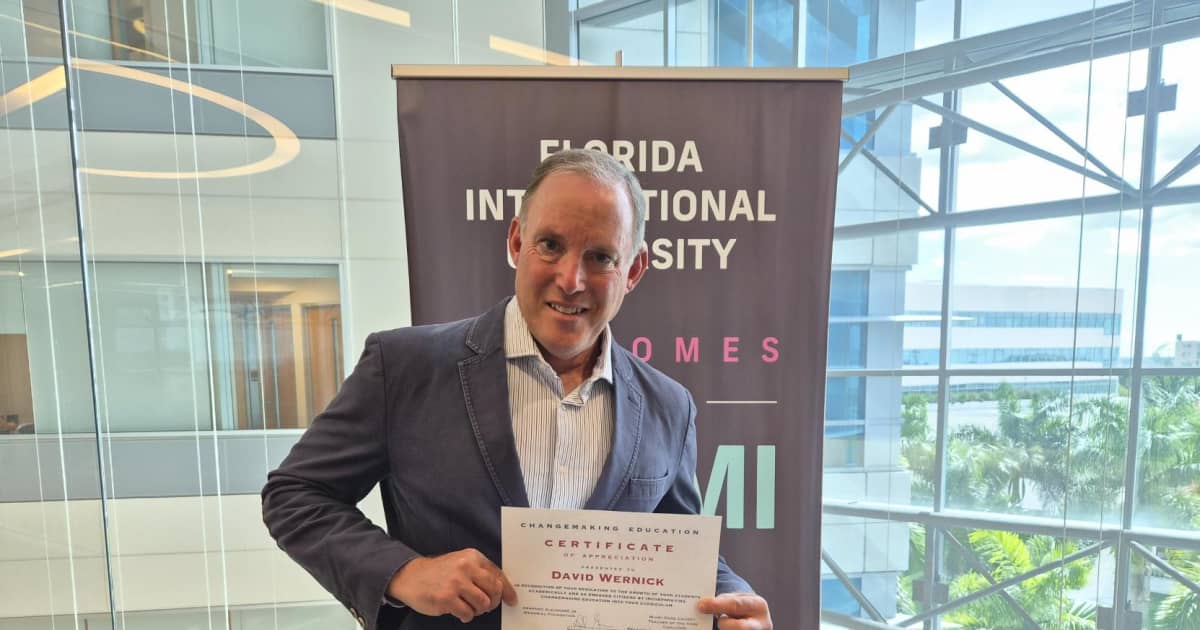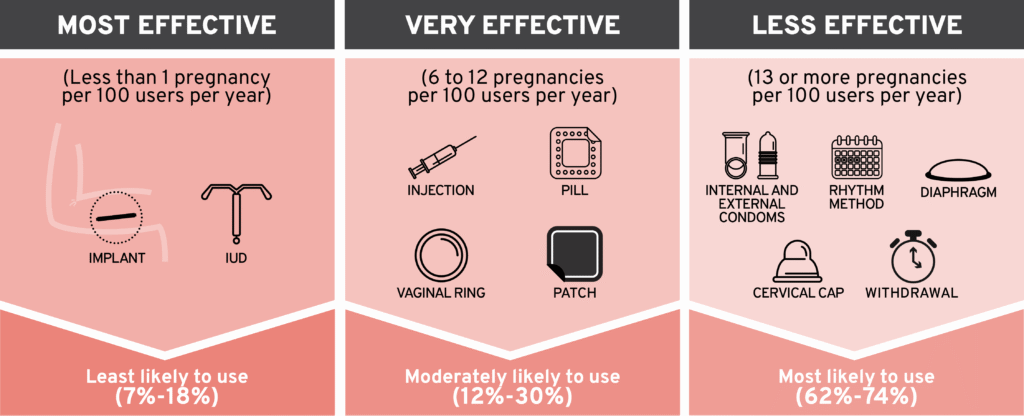Report on the Syriac Women’s Union Forum on Empowerment and Community Leadership
Introduction and Alignment with Sustainable Development Goals (SDGs)
A discussion forum titled Empowering Women: From Awareness to Community Leadership was organized by the Syriac Women’s Union (HNSS) in Beth Zalin, North and East Syria. The event convened members of the Syriac (Aramean–Assyrian–Chaldean) community to analyze the role of women in social development. This initiative directly supports the United Nations Sustainable Development Goals, with a primary focus on:
- SDG 5: Gender Equality – Promoting women’s leadership and participation in decision-making.
- SDG 16: Peace, Justice and Strong Institutions – Enhancing women’s role in post-conflict social reconstruction and building inclusive institutions.
- SDG 4: Quality Education – Highlighting the importance of knowledge and awareness as prerequisites for empowerment.
Key Discussion Areas and Contribution to SDG 5 (Gender Equality)
The forum’s central theme was that empowerment is rooted in awareness, which is essential for achieving gender equality. Speakers emphasized that education and knowledge are fundamental to developing leadership skills, thereby enabling women to contribute effectively to community decision-making processes, in line with SDG Target 5.5 (Ensure women’s full and effective participation and equal opportunities for leadership).
Participants identified several ongoing challenges that impede progress toward gender equality:
- Structural Barriers: Limited representation of women in public institutions hinders their participation in civic life.
- Social Norms: Prevailing social expectations that reinforce traditional gender roles create significant obstacles to women attaining leadership positions.
- Capacity Building: A need was identified for practical strategies to build self-confidence and strengthen both individual and collective capacities as a foundation for achieving equality.
Strategic Outcomes and Future Commitments
The collaborative dialogue resulted in a shared commitment to advance women’s empowerment and civic participation. Key outcomes included:
- The presentation of concrete proposals to enhance and expand empowerment programs.
- A collective pledge to increase initiatives that encourage women’s active civic engagement, contributing to SDG Target 16.7 (Ensure responsive, inclusive, participatory and representative decision-making).
- A reaffirmation of the essential role of Syriac (Aramean–Assyrian–Chaldean) women in the social and cultural reconstruction of the region.
- A consensus on the need to advance community-wide awareness regarding gender equality and women’s rights.
Conclusion: Fostering Inclusive and Peaceful Societies (SDG 16)
In the context of a post-conflict society, forums such as this represent a significant step toward achieving sustainable peace and building resilient institutions. The event underscored that empowering women is not only a matter of rights but a critical component for rebuilding social cohesion and redefining leadership. The commitments made during the forum align directly with the broader objective of SDG 16 to promote just, peaceful, and inclusive societies.
Analysis of Sustainable Development Goals in the Article
1. Which SDGs are addressed or connected to the issues highlighted in the article?
-
SDG 5: Gender Equality
- The article’s central theme is the empowerment of Syriac women in North and East Syria. It explicitly discusses efforts to achieve equality, challenge traditional gender roles, and enhance women’s leadership capabilities. The forum, titled “Empowering Women: From Awareness to Community Leadership,” directly aligns with the goal of achieving gender equality and empowering all women and girls.
-
SDG 4: Quality Education
- The article emphasizes that “genuine empowerment begins with awareness” and highlights “the importance of education and knowledge in fostering leadership skills.” This focus on providing knowledge and skills to women so they can participate fully in society connects directly to the goal of ensuring inclusive and equitable quality education and promoting lifelong learning opportunities for all.
-
SDG 16: Peace, Justice and Strong Institutions
- The article mentions the challenges women face due to “limited representation in public institutions” and the need to “encourage women’s civic participation.” This relates to building effective, accountable, and inclusive institutions. The context of a “society still recovering from conflict” and women’s role in “rebuilding the region’s social and cultural life” strongly links the discussion to promoting peaceful and inclusive societies for sustainable development.
2. What specific targets under those SDGs can be identified based on the article’s content?
-
Target 5.5: Ensure women’s full and effective participation and equal opportunities for leadership at all levels of decision-making in political, economic and public life.
- The article directly addresses this target by discussing the challenges women face in “attaining leadership roles” and their “limited representation in public institutions.” The forum’s goal is to equip women to “participate in decision-making and contribute meaningfully to their communities.”
-
Target 4.7: By 2030, ensure that all learners acquire the knowledge and skills needed to promote sustainable development, including, among others, through education for sustainable development and sustainable lifestyles, human rights, gender equality, promotion of a culture of peace and non-violence…
- The forum’s focus on “awareness — a conscious understanding of self, society, and the structural barriers that influence women’s lives” and using “education and knowledge in fostering leadership skills” is a direct application of this target. It aims to educate women on gender equality and empower them for community leadership.
-
Target 16.7: Ensure responsive, inclusive, participatory and representative decision-making at all levels.
- This target is reflected in the article’s call to address the “limited representation in public institutions” and the proposals presented by attendees to “expand initiatives that encourage women’s civic participation.” The entire initiative is about making community decision-making more inclusive and representative by empowering women to take part.
3. Are there any indicators mentioned or implied in the article that can be used to measure progress towards the identified targets?
-
Indicator for Target 5.5: Proportion of women in leadership positions and public institutions.
- The article implies this indicator by highlighting the current “limited representation in public institutions.” Progress towards Target 5.5 could be measured by tracking the increase in the number and proportion of Syriac women holding leadership roles within their communities and in public life.
-
Indicator for Targets 5.5 and 16.7: Level of women’s civic participation.
- The article mentions proposals to “expand initiatives that encourage women’s civic participation.” An implied indicator is the rate of women’s involvement in community meetings, decision-making processes, and other civic activities. The number of such initiatives and the number of women attending them, like the forum described, can serve as a measure of progress.
-
Indicator for Target 4.7: Number of empowerment programs and educational forums organized.
- The article describes one such “discussion forum” and mentions attendees presenting “proposals to enhance empowerment programs.” This suggests that the number, frequency, and reach of these educational initiatives are key metrics for tracking efforts to build awareness and skills related to gender equality and leadership, directly contributing to Target 4.7.
4. Summary Table of SDGs, Targets, and Indicators
| SDGs | Targets | Indicators |
|---|---|---|
| SDG 5: Gender Equality | Target 5.5: Ensure women’s full and effective participation and equal opportunities for leadership at all levels of decision-making in political, economic and public life. |
|
| SDG 4: Quality Education | Target 4.7: Ensure that all learners acquire the knowledge and skills needed to promote sustainable development, including… gender equality… |
|
| SDG 16: Peace, Justice and Strong Institutions | Target 16.7: Ensure responsive, inclusive, participatory and representative decision-making at all levels. |
|
Source: syriacpress.com







